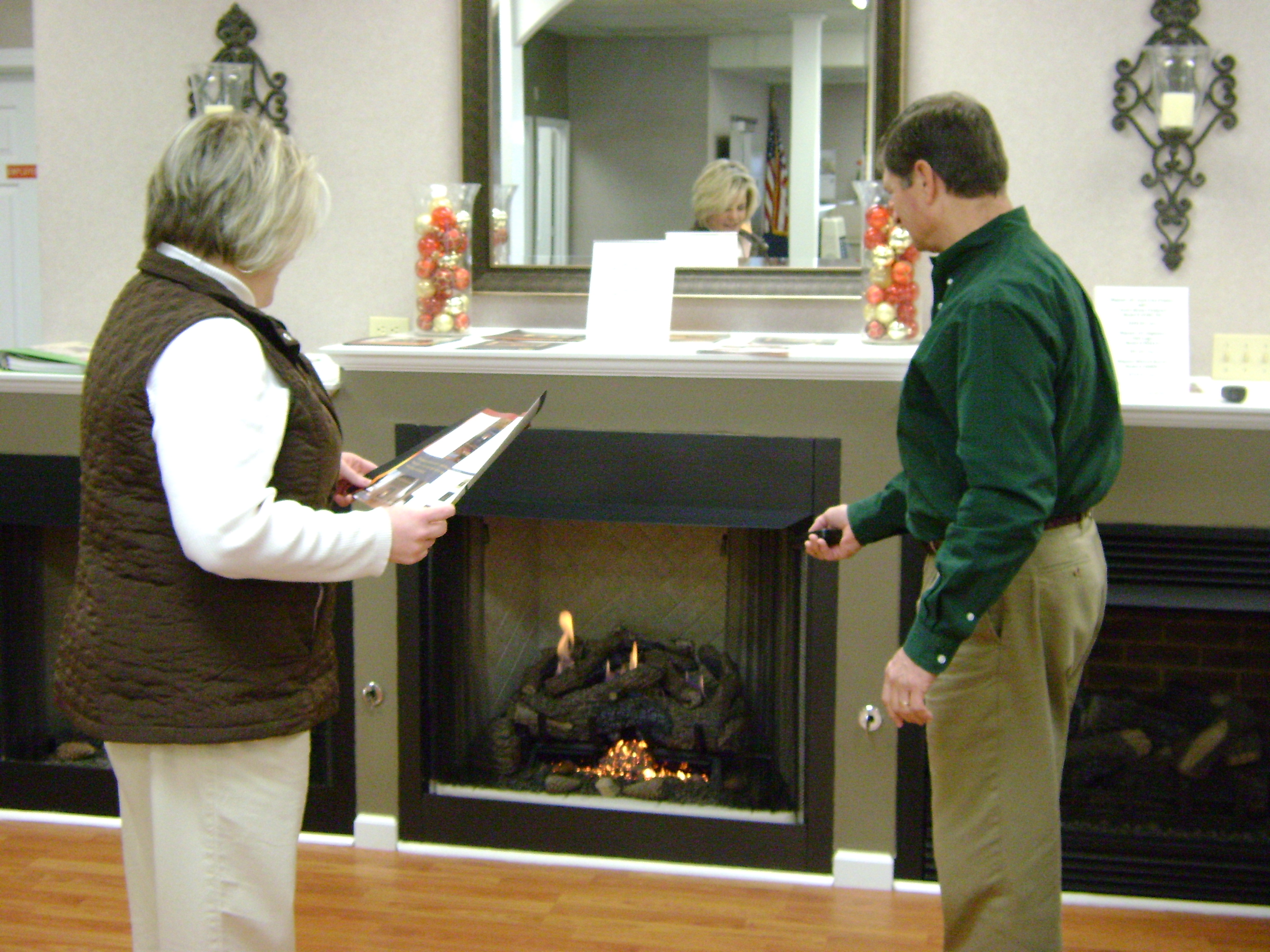As part of a series of articles on the duties and responsibilities of municipal employees, we spoke with four public utility directors. These professionals manage the utilities - water and sewer, gas and electric operations - that keep cities running.
Joel Ledbetter is general manager of Easley Combined Utilities, where he has worked for 16 years. Previously, he served as utility director for the City of Newberry from 1991-1994. Both the Easley Combined Utilities and the City of Newberry provide electric service to their customers. They are two of 21 municipal electric utilities in the state.

"Customer service is key to maintaining good relationships and a good reputation."
Joel Ledbetter, Easley Combined Utilities
Ledbetter starts his day talking with department heads about issues they may be facing and receiving reports on any utility issues that may have cropped up over night. He catches up on correspondence and news affecting the utility industry or economy, meets with consultants and attends project status meetings.
Ledbetter said customer expectations have increased since he started in the business.
"All services, especially electric service, are no longer a luxury; they are a necessary and integral part of life," he said. "This has always been true for a commercial customer where a service interruption brought business to a stand-still, but this is now also true for residential customers where any interruption in service is not well tolerated by the customer."
Customer service is key to maintaining good relationships and a good reputation, Ledbetter said.
"One angry customer will tell all of their friends about a bad experience. A happy customer usually doesn't tell anyone," he said. "We actually had a customer film a water leak that flooded a yard and put it on YouTube. They not only told their friends, they told the world. It can take a long time to repair your image if it really gets damaged."
Alan Loveless has been head of the electric utility department in Georgetown for about 14 years. Georgetown is another of the state's municipal electric utilities. Before coming to Georgetown, he worked as the engineering manager for the electric utility in Danville, Va.
Loveless spends his days managing the day-to-day operations of the electric utility. He works on the budget and manages any special projects - currently the utility is replacing all the electric meters in the system with advanced meters that have two-way communication and can be read remotely.
"We do have to wear a lot of hats, especially in the past few years when our staff has been reduced," Loveless said. "Everybody has had to step up and do things they didn't before. There are times when you have to pitch in and do a little grunt work if the need arises."
Ledbetter knows that all too well.
"There is no job that is too small here at ECU that I would not do," he said. "Afterhours utility problems create a lot of phone calls to the utility, and I am the first one to come into the office and open the dispatch office/call center and begin taking problem calls."
He recalls a situation two years ago when the city's water plant had a filter break-through and was losing filter media. "We had to dig down into the filter, through the filter media, to the filter bed to determine the problem," Ledbetter says." This consisted of getting inside a wooden box about 4 feet wide by 6 feet long and digging down into filter media at a depth of about 4 to 5 feet. I was at the water plant after hours with a shovel taking turns digging in the filter media until we reached the filter bottom and determined the problem."
For about 15 years, Allen Lutz has been director of the Utilities Department, which oversees the maintenance of the water and sewer lines for the Town of Lexington. Prior to that, he served as assistant director. He also has worked as an operator for the Lexington County Joint Water and Sewer System and as an operator for the Town of Lexington.
During his years with the town, Lutz has seen an explosion of growth in Lexington and a dramatic increase in water and sewer needs. Much of his time is spent dealing with developers and state agencies such as the Department of Health and Environmental Control. Budgeting and planning duties also are continuous. Right now, Lutz said he has projects planned out for the next 20 years.
Mike Pitman has been the director of natural gas for the Fountain Inn Natural Gas System for six years. He has been involved in the natural gas industry his entire career. He also worked for a marketing entity in Raleigh serving large industrial customers. In addition to the daily duties of director and staying on top of market trends, Pitman assists customers at his system's Appliance Center, which sells gas grills, heaters and logs, tankless water heaters and freestanding fireplaces.

Fountain Inn set up its appliance showroom in 2008 as a way of showing customers what options are available in gas appliances, Pitman said.
"Some people are surprised that we sell appliances," Pitman said, adding that they offer competitive prices and that customers can finance the appliances by adding the payments to their regular bills.
The utilities all plan for projects in the long-term. They span from Lexington's 20 years, to 3-5 years in Fountain Inn. Pitman said they look several years in advance to prepare for the needs of replacing vehicles and equipment, meters and facilities. The directors also must look to the future to ensure that the utilities can handle the growth that South Carolina has experienced in recent years, whether it involves pipe expansions for natural gas or water and sewer lines for new developments.
The utilities all work with consultants on various jobs. Lutz said most of his consultants are engineers. A good variety of small and large consulting firms has provided the best experience, he said. Ledbetter said he has had the best luck finding consultants through word of mouth and established relationships.
Nearly all of the directors say that maintaining aging infrastructure and keeping rates competitive are among their biggest challenges.
"We do have a pretty old system," Loveless acknowledged. "We are trying to address that each year with system upgrades. We recently upgraded equipment in our electric substations. Now we-re upgrading our distribution lines."
Loveless said several electric rate studies have been completed under his watch, and it's a priority to stay competitive with other utilities in the region.
Rate setting is always an issue, Ledbetter agreed.
"Costs continue to rise and the only source of revenue is through customer charges," he said. "In this economic environment, raising rates is a real challenge."
Having happy customers is the most satisfying element of the job, Loveless said.
"Providing that level of service - giving customers safe, reliable service at reasonable, competitive rates - that's the most rewarding part of my job," Loveless said.
Good customer service reflects well on the entire town, said Lutz. When the customers are satisfied and the town council is happy, it's rewarding and shows that the department is doing its job well, he said.
Pitman said he enjoys helping customers in any way possible - from answering their questions one-on-one in the appliance showroom to keeping their rates low and competitive. He also has encouraged customers in financial need to contact them for assistance in working out a payment plan in an effort to avoid turning off their gas.
Ledbetter said he gets the greatest satisfaction when a plan comes together.
"When you identify the need, determine the best solution and place the project on line, this very often takes five years or more. But when the project comes on line as planned, services are enhanced, and it all happens behind the scenes while continuing to offer great services, there is a quiet satisfaction in that," Ledbetter said.
